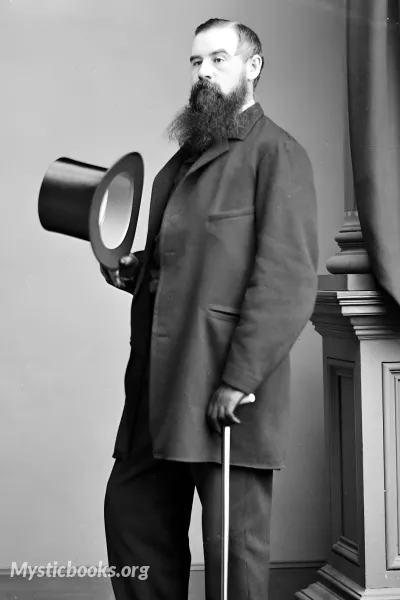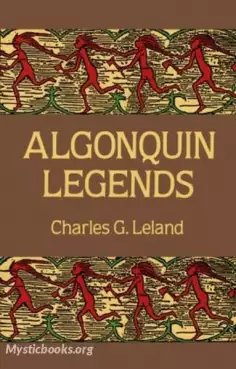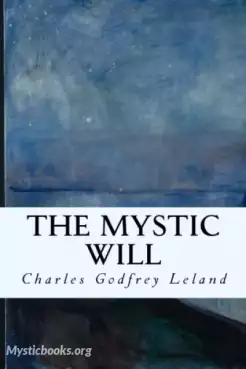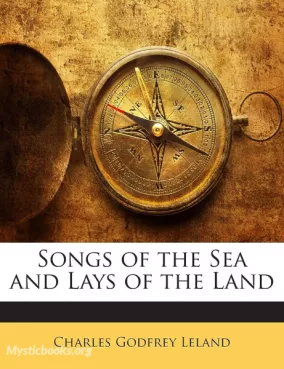
Timeline
Title
Country/Nationality
Charles G. Leland
Charles Godfrey Leland was an American humorist and folklorist, born in Philadelphia, Pennsylvania. He was educated at Princeton University and in Europe.
Leland worked in journalism, travelled extensively, and became interested in folklore and folk linguistics. He published books and articles on American and European languages and folk traditions. He worked in a wide variety of trades, achieved recognition as the author of the comic Hans Breitmann’s Ballads, and fought in two conflicts. He wrote Aradia, or the Gospel of the Witches, which became a primary source text for Neopaganism half a century later.
Leland was born to Charles Leland, a commission merchant, and Charlotte Godfrey on 15 August 1824 in Philadelphia, Pennsylvania. His mother was a protegee of Hannah Adams, the first American woman to write professionally. Leland believed he was descended from John Leland, among other illustrious antiquaries.
Leland claimed to have been influenced as a child by intellectual figures such as Lafayette and Nicolas Gouïn Dufief. Leland recounted that shortly after his birth, his Dutch nurse took him to the family attic and performed a ritual involving a Bible, a key, a knife, lighted candles, money, and salt to ensure him a long life as "a scholar and a wizard." His biographers refer to this account as foreshadowing his interest in folk traditions and magic. The poet George Henry Boker was his neighbour in youth, and the two maintained a friendship through adulthood. George B. McClellan was a classmate.
Leland's early education was in the United States, and he attended college at Princeton University. During his schooling, he studied languages, wrote poetry, and pursued a variety of other interests, including Hermeticism, Neoplatonism, and the writings of Rabelais and Villon.
After college, Leland went to Europe to continue his studies, first in Germany, at Heidelberg and Munich, and in 1848 at the Sorbonne in Paris, where he became involved with the Revolutions of 1848 in France, fighting at constructed barricades against the King's soldiers as a captain in the revolution.
Leland returned to America after the money given to him by his father for travel had run out, and passed the bar in Pennsylvania. Instead of practicing law, he instead began a career in journalism. As a journalist, Leland wrote for The Illustrated News in New York, the Evening Bulletin in Philadelphia and eventually took on editorial duties for Graham's Magazine, and the Philadelphia Press. In 1856 Leland married Eliza Bella "Isabel" Fisher.
Leland was also an editor for the Continental Monthly, a pro-Union Army publication. He enlisted in the Union Army in 1863, and fought at the Battle of Gettysburg. Leland coined the term "emancipation" as an alternative to "abolition" to refer to the anti-slavery position.
Leland returned to Europe in 1869, and travelled widely, eventually settling in London. His fame during his lifetime rested chiefly on his comic Hans Breitmann’s Ballads (1871), written in a combination of broken English and German (not to be confused, as it often has been, with Pennsylvania German). In recent times his writings on pagan and Aryan traditions have eclipsed the now largely forgotten Breitmann ballads, influencing the development of Wicca and modern paganism.
Leland was also a pioneer of art and design education, becoming an important influence on the Arts and Crafts movement. In his memoirs he wrote, "The story of what is to me by far the most interesting period of my life remains to be written. This embraces an account of my labour for many years in introducing Industrial Art as a branch of education in schools."
He was involved in a series of books on industrial arts and crafts, including Pyrography or burnt-wood etching (1876), co-authored with Thomas Bolas (revised by Frank H Ball and G J Fowler in 1900). He was, more significantly, the founder and first director of the Public School of Industrial Art in Philadelphia (not to be confused with the contemporaneous Pennsylvania Museum and School of Industrial Art). This originated as a school to teach crafts to disadvantaged children and became widely known when it was praised by Oscar Wilde, who predicted his friend would be "recognised and honoured as one of the great pioneers and leaders of the art of the future." The Home Arts and Industries Association was founded in imitation of this initiative.
Books by Charles G. Leland

The Algonquin Legends of New England
This work, then, contains a collection of the myths, legends, and folk-lore of the principal Wabanaki, or Northeastern Algonquin, Indians; that is to say, of the Passamaquoddies and Penobscots of Maine, and of the Micmacs of New Brunswick. All of thi...

The Mystic Will
This book presents a method of developing and strengthening the faculties of the mind, through the awakened will, by a simple, scientific process possible to any person of ordinary intelligence.

Songs of the Sea and Lays of the Land
Sailing the seas or exploring the land, these poems will transport you to faraway places. Songs of the Sea and Lays of the Land is a collection of poems by Charles Godfrey Leland, an American folklorist and author. The poems in this collection celeb...